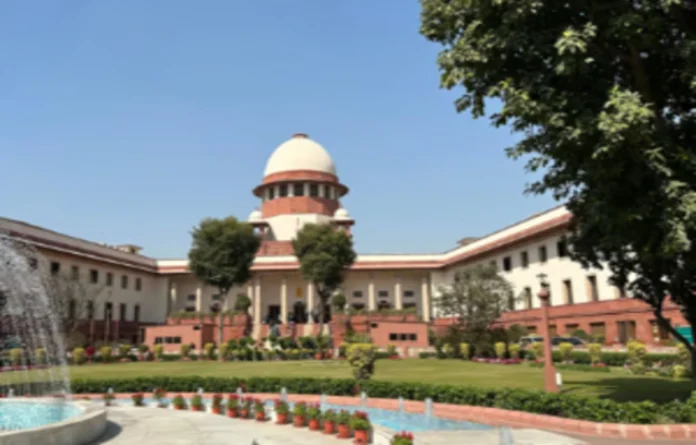The Supreme Court of India has expressed deep concern over the widespread delays in framing charges in criminal trials across the country. The Court pointed out that despite the clear mandate under Section 251(b) of the Bharatiya Nagarik Suraksha Sanhita (BNSS), which requires charges in cases exclusively triable by a sessions court to be framed within sixty days from the first hearing, this timeline is often ignored in practice.
A bench comprising Justice Aravind Kumar and Justice N V Anjaria was hearing a case in which the accused had remained in custody for nearly a year without charges being framed. The Court observed that such delays contribute significantly to the stagnation of criminal trials and the prolonged incarceration of undertrial prisoners. It added that there is an urgent need to issue comprehensive directions across India to address this systemic problem.
During the hearing, the Supreme Court appointed Senior Advocate Siddharth Luthra as amicus curiae and also sought assistance from the Attorney General of India, the Solicitor General, and other senior members of the Bar to help formulate national guidelines aimed at ensuring timely framing of charges.
The counsel for the State of Bihar informed the Court that there is often a considerable delay between the filing of a chargesheet and the actual framing of charges, which hampers the progress of trials. Similarly, the counsel for the State of Maharashtra referred to an earlier order noting that in that state alone, there were more than six hundred pending cases where charges had not yet been framed.
The bench observed that the Court would not wait for district-level data to be collected before acting, and instead intends to issue immediate directions applicable across the country. The judges noted that until charges are framed, a trial cannot effectively begin, which results in unnecessary delays, extended pre-trial detention, and denial of timely justice to victims.
This move by Supreme Court’s shows intention to reinforce accountability within the judicial system and ensure adherence to statutory timelines, thereby improving the efficiency of criminal trials and protecting the constitutional right to a speedy trial.


